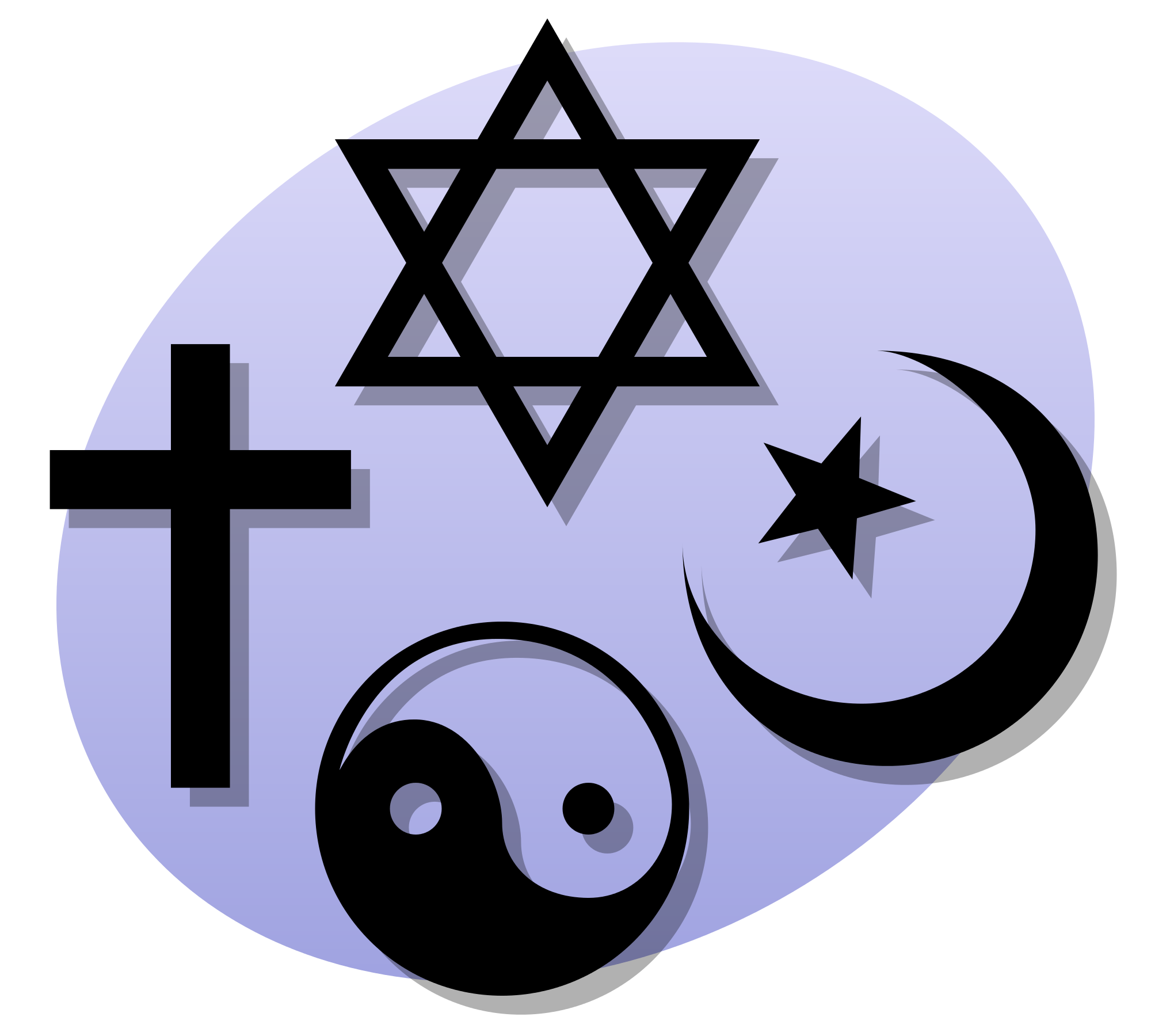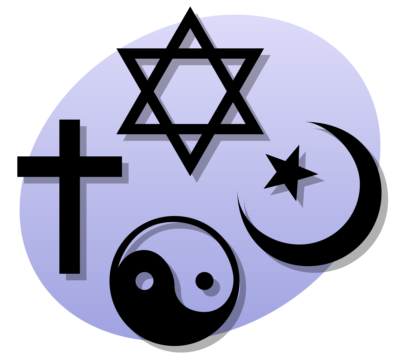Original version published on whoknowsoneblog.wordpress.com.
Is there something that faith brings to our society that we would lack if we lived in a world without religion?
To the person who has perfect belief in God or a specific religion, this question seems silly. In their minds, of course the presence of their specific religion is of utmost importance. But for non-religious people and those with a tinge of doubt, it’s only natural to wonder, if we assume that God doesn’t exist, is religion still important?
Religion offers a unique framework for the individual and community alike. This framework allows for an endless amount of discussion, creativity, and productive discourse.
In response to a comment by Richard Dawkins when he stated that religion is a pre-scientific or pseudo-scientific view of the world, Terry Eagleton wrote that Dawkins is “like someone who thinks that a novel is a botched piece of sociology, and therefore can’t see the point at all.”
Just like there’s much wisdom and truth to gain from fiction, even though no one would claim that these books are factually correct, there’s much to learn from religion in the same manner.
Society needs religion to survive. Now, by religion I don’t mean specific religions such as Judaism, Christianity, Hinduism, or Confucianism, but rather the religious process. Religion allows for a crucial area of human progress that science or empiricism stymies. In a religious setting, ideas can be judged by their pure beauty and positive effect on the world, rather than for their factual correctness. Ideas that people feel strongly about but have little way of empirically validating can be given a voice in religion. Broad emotional concepts like happiness, fear, sadness, and anger are explored in religious traditions.
In this light, we can view religion as a type of poetry – or better yet we can view poetry as a type of religion. A poet uses a wide array of literary devices, fictional settings, and purposeful ambiguity, not only to invoke an emotional response in readers but to discuss certain truths or aspects of our existence that are untouchable in any other realm.
As a graduate student studying religion, the beauty I see in religion is so deep that it’s difficult to contain my feelings for it in a mere article. But that’s exactly my point. Just like art, music, and poetry are inexplicable by pure reason, I too cannot fully explain the beauty of religion in a rational manner. Just as a deaf man will never fully understand music, a blind man art, or an illiterate man poetry, one who has never fully enveloped him or herself in a moment of religious devotion can never truly understand it’s importance and value – with or without God.
Daniel Levine is currently a graduate student studying religion at UCLA. Last spring he graduated UCLA with a dual degree in Cognitive Science and Jewish History. Alongside his undergraduate studies, he also studied for, and will soon receive, Rabbinical Ordination from YPS. His interests include religious history, philosophy, psychology, and sociology.


